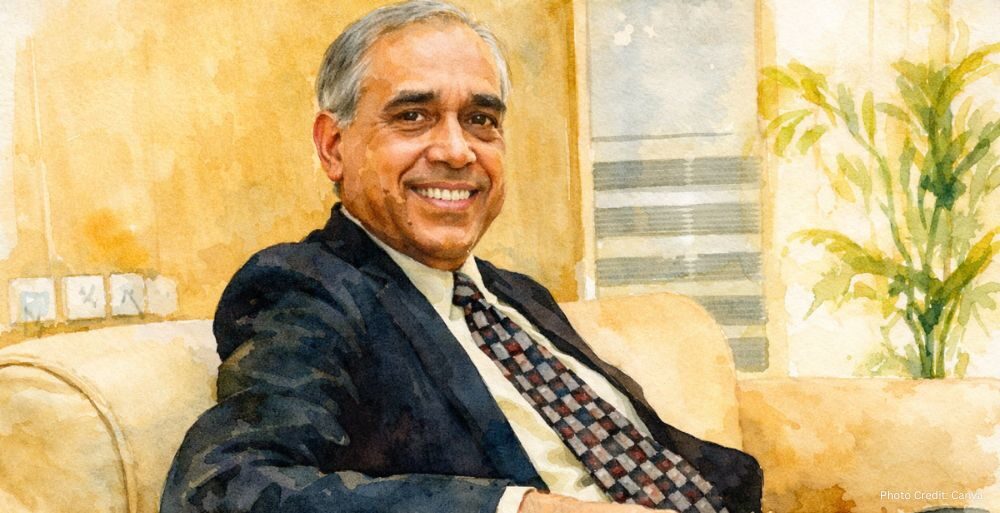The landscape for Indian professionals working in the United States is about to change. Recent updates to U.S. immigration policies, combined with evolving job market conditions, are creating new challenges and opportunities for Indian workers. As a significant portion of the U.S. labor force comes from India, especially in technology, healthcare, and engineering, these changes could impact career prospects and work dynamics.
Historically, Indians have had access to a variety of pathways, such as the H-1B visa, which allowed them to fill skilled positions in the U.S. However, with stricter immigration rules, more competitive visa quotas, and an emphasis on hiring U.S.-based talent, Indian professionals may face longer wait times and increased uncertainty in securing work permits.
The tightening of visa policies is just one aspect of the shift. Additionally, remote work, accelerated by the COVID-19 pandemic, has reshaped the way businesses operate. Many companies are now open to hiring remote workers from anywhere in the world, reducing the dependency on foreign labor in the U.S. This trend could reduce the demand for overseas workers, including those from India, as companies look for local solutions or more flexible staffing options.
Another challenge lies in the increasing competition from other countries that are producing skilled labor in tech and engineering fields. As the global job market becomes more interconnected, countries like Canada and Australia are emerging as viable alternatives to the U.S. for talented professionals. Many Indians are now exploring opportunities in these nations, where immigration policies are more favorable and work-life balance is often considered better.
However, while these changes create challenges, they also present unique opportunities. Indian professionals who possess niche skills in fields like artificial intelligence, blockchain, and data science are still highly sought after worldwide. In addition, India itself is becoming a global tech hub, offering professionals the option to work in world-class environments close to home.
Overall, while working in the U.S. may no longer hold the same allure for many Indians as it once did, the evolving job market offers new avenues for growth, both in the U.S. and globally. Adapting to these changes will require flexibility and forward-thinking to stay competitive in an ever-changing workforce.















